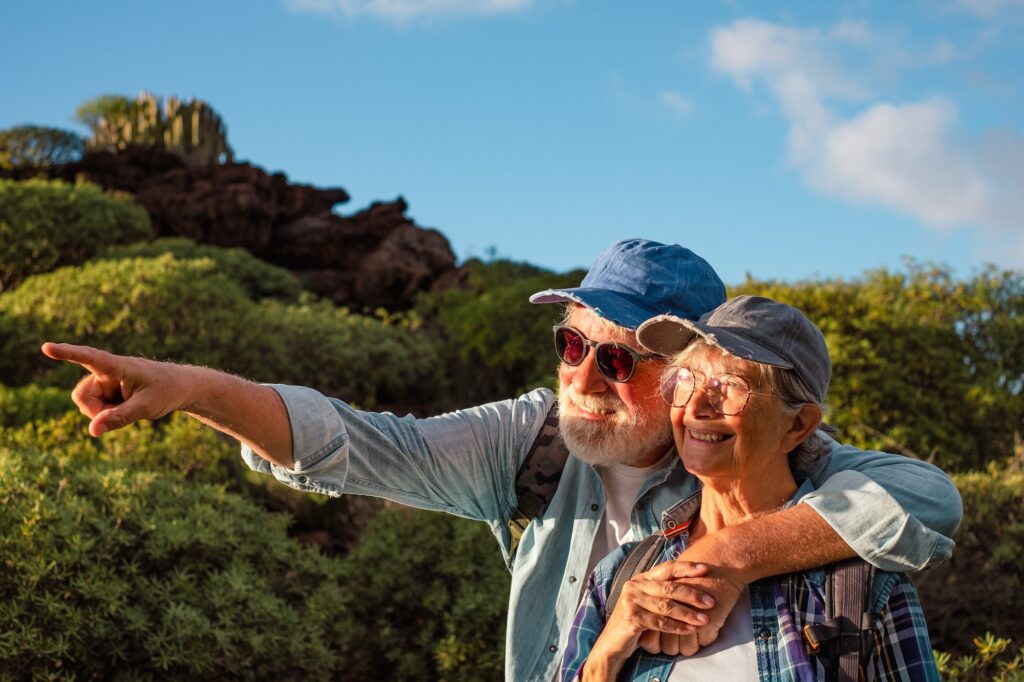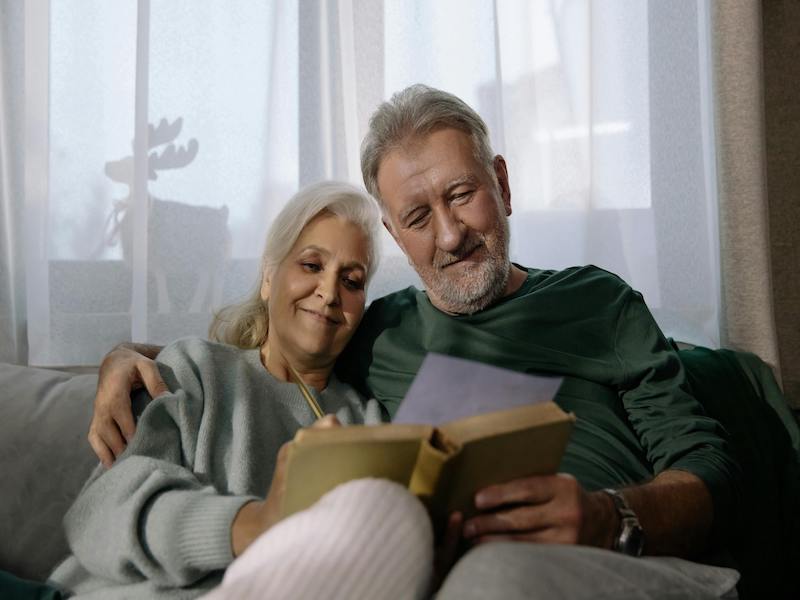Even when you are away
Create a routine that will serve as the foundation for your journey. Familiarise yourself with your surroundings, and if you are able to, include some things that you are used to performing back at home or that provide you a feeling of comfort.
Establishing frequent check-in times to contact a member of your family or a close friend is a good idea if you are travelling by yourself.
When you are confronted with stressful conditions, it is helpful to have a relaxing object, such as a book, a mobile gadget, or a diary.
Find out what your mental and physical limitations are. Reduce the amount of stress you experience by regularly reevaluating your initial ideas and making adjustments to them if necessary. Even if you are travelling with a group, it is still a good idea to take a day off from the activities that you have planned if you are feeling exhausted or stressed out. There is no need to feel compelled to take part in each and every activity.
Recognise when it is necessary to intervene in order to prevent a difficult situation from becoming much more difficult. Find solutions that do not involve conflict.
To alleviate stress, it is helpful to engage in physical activity such as walking and stretching, as well as to practise breathing techniques that are calming. Get the recommended amount of sleep, maintain a nutritious diet, and drink enough water throughout the day.
When you come back
Don’t make any plans for activities shortly after you come home. After your return, you should give yourself an additional day or two off so that you may emotionally and physically recuperate from your vacation. In addition to assisting you in adjusting to jet lag, this will also assist you in getting back into your regular routine.
Get in touch with your doctor if you get unwell after returning home or if you need emergency medical attention while you are away.


